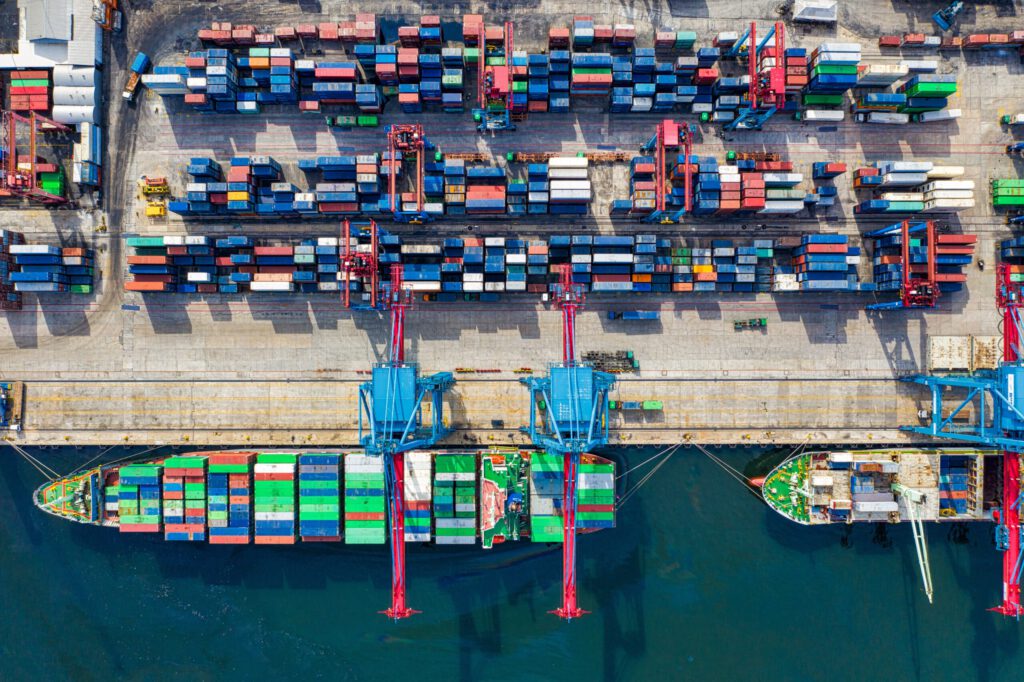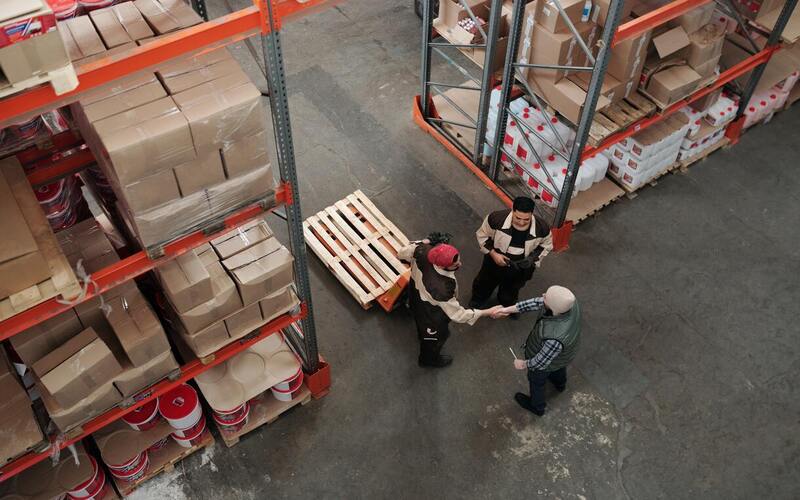Remember when you could walk into a grocery store and buy anything you wanted? Aisle after aisle of beautifully stocked shelves — and if the store didn’t have it, you could just order online and wait for two-day delivery.
It was a luxury many took for granted until the pandemic brought the illusion of abundance to a grinding halt. Supply chain shortages are rocking every industry from car parts to cannabis.
These shortages are scary for consumers, but they’re downright disastrous for business owners. Look at any industry right now and you’ll see the impact of pandemic closures, labor shortages, raw material deficits, and shipping delays.
Impacting Every Industry
Soaring plastic prices are challenging several sectors. President of United Solutions David Reilly told Reuters his plastics company is being crushed by resin prices. This is costly news for cannabis packaging companies.
He estimates prices for some types of resin have increased by 100% in the past year. Pre-pandemic, Reilly would have sourced cheaper materials overseas, but shipping delays have increased the cost of freight.
“Right now, producers in North America don’t have the stiff competition that they would if container prices came back down,” said Reilly.
Some companies are even taking fewer orders so as not to disappoint clients with delays.
Tracee McAfee, CEO of cannabis technology company Cryo Cure, said they’re expanding but are reluctant to take on too many orders.
“We’re having enough problems as it is with the supply chain issues right now. Believe it or not, just getting like a super simple part that would take a day or two is now taking two months. It’s very frustrating,” said McAfee.
She’s seeing the effects in her manufacturing partners as well.
“Even our fabricator says, ‘I can’t even get wire brushes for my polishers.’ The simplest things, like caulking, you can’t find locally.”
Transportation Troubles
In the early months of the pandemic, vape companies were the hardest hit. Cartridges were largely made in China, which shuttered many of its factories during initial lockdowns.
Now, cannabis technology companies are struggling to buy computer chips, which are running almost a year out for new orders. Transportation is one factor in the delays.
Shipping container shortages started nearly a year ago as European and American consumers started bulk buying online.
The desire to avoid in-person contact and hoard extra supplies lead to huge shipments coming in from Asia. When cargo ships would offload, the empty containers sat at ports for weeks or longer.
Slow ports piled up with empty containers because the shipping companies were too busy to retrieve them, while busy ports had such severe labor shortages that ships were circling for weeks waiting to unload.

According to Freightos, a digital booking platform for international shipping, freight from Asia to the U.S. is five times higher than this time last year.
Shipping from Asia to Europe is eight times higher than average.
Anomalies like the Ever Given cargo ship that blocked the Suez Canal added to the chaos.
Paul Hong, professor of global supply chain management at the University of Toledo spoke with Channel 10 News in Ohio, noting $10 billion in trade flows through the canal each day.
Every hour the canal was blocked cost the global economy about $416 million.
Unusual weather events are further compounding the issue. Massive flooding has caused delays worldwide. In the U.S., Hurricane Ida paused all shipments moving through the Port of New Orleans.
Chief Brand Officer for 710 Spirits Extraction Products Liz Geiselman told MJBizDaily her business in Golden, Colorado is feeling the effects hundreds of miles away.
“We’re seeing huge logistical issues with freight and transportation. We’re getting close to panic at this point,” said Geiselman.
Natural disasters are rerouting trucks and drivers or causing them to carry relief supplies as opposed to their normal cargo. These same factors are disrupting the supply of oil and gas, leading to higher fuel prices.
Lamenting a Lack of Laborers
Skilled and unskilled laborers are in short supply. A deficit of factory workers can cause a cascade of supply issues, complicated by a lack of truck drivers to take the goods from factories to distribution centers.
Who’s working at the warehouse to offload the trucks? And more so, where are the retail workers and installers needed to get the goods to customers?
Bill Conerly, senior economics contributor for Forbes explored the issue in a recent article, “The Labor Shortage is Why Supply Chains Are Disrupted.”
Many people, he said, assume companies that can’t find workers aren’t offering sufficient pay to lure in new talent. “Today’s situation does not justify such skepticism,” said Conerly.
Companies are offering higher wages, but receiving few applicants. Many businesses are reluctant to pass those costs on to customers.
“A particular company may be able to raise its wages high enough to lure workers from other businesses, but that’s not an economy-wide solution without significant inflation of prices that customers pay,” said Conerly.
“We have seen some inflation, but not enough — yet — to justify significantly higher wages.”
Solutions for Survival
Many in the cannabis space are seeking local partners who aren’t dealing with the same logistical issues as overseas or cross-country providers.
It’s also wise to have multiple providers for the same supplies; if one is impacted by transportation or labor issues, you have alternatives.
Onfleet, a technology company that builds software for delivery operations, has an up close view of the disruptions impacting the cannabis space.
“Looking ahead, operators need to establish a resilient supply chain that does not rely on options in just one single region and one that takes potential future disruptions into account,” the company said in a recent statement.
Onfleet suggests retailers ask detailed questions of their partners, such as where vendors are sourcing materials, what kind of setbacks they saw during the pandemic, and how they’ve dealt with supply chain disruptions in the past.
While it’s a trying time for business owners across the globe, these shortages are also building resilience into the companies that survive.
With unpredictable weather patterns becoming more frequent, resourcefulness in the face of adversity will be a near prerequisite for staying in business.
“It’s very challenging now, in manufacturing. We probably picked the worst time in manufacturing history to get into it, but I feel if we can make it through this — we’re going to be great in the future,” said McAfee.
Article first shared in the fall 2021 issue of Cannabis & Tech Today. Read the whole issue here.






